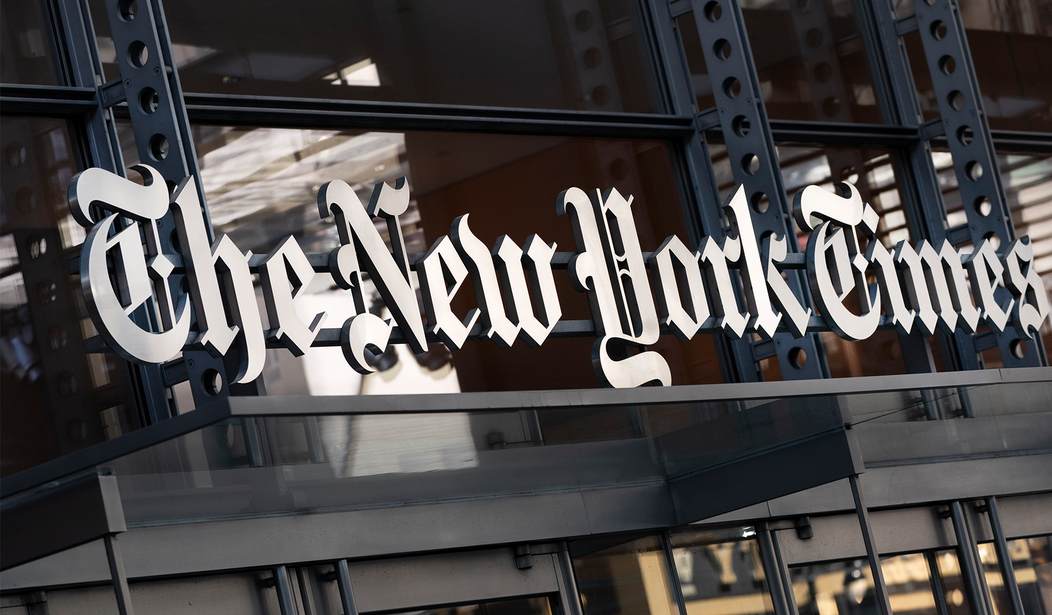If there's anything more frightening than a Supreme Court "which has been receptive to claims from religious groups, particularly Christian ones," the New York Times has yet to find it.
"It has been almost three years since the Supreme Court last heard arguments in a case that turned on one of the religion clauses of the First Amendment," NYT's Adam Liptak wrote on Sunday, "a curious lull in what had been a signature project for the court led by Chief Justice John G. Roberts Jr.: to bolster the place of faith in public life."
"The hiatus is over," Liptak noted, and according to Yale Law's Justin Driver, quoted in the story, "This spring’s trio of religion cases threatens nothing less than to raze foundational structures of American law and life."
“The Supreme Court this term could quite plausibly destroy the American public school as we have known it for the last several decades," he added.
Scary stuff, kids.
Liptak looked at three religious liberty cases set to be argued before the Supreme Court in the coming weeks.
"The first one, to be argued Monday, asks whether a Catholic charity in Wisconsin should receive a tax exemption. In April, the court will consider whether a Catholic charter school in Oklahoma is constitutional and whether parents with religious objections to the curriculum in Maryland schools may withdraw their children from classes."
"Taken together," Liptak wrote, "the three cases will test the limits of the court’s assertive vision of religious liberty, which has been one of its distinctive commitments for more than a decade."
"An assertive vision of religious liberty" is a curious phrase to use for a nation established to protect liberty, particularly religious liberty, by the descendants of people who fled Britain in search of religious liberty.
"It's right there on the label," you might say.
Let's look at that scare phrase, "particularly Christian ones."
Liptak noted that "There has been one exception to religion’s winning streak at the court in the last decade: the justices’ rejection in 2018 of a challenge to the first Trump administration’s ban on travel from several predominantly Muslim countries."
But SCOTUS didn't reject the challenge on religious grounds; it rejected the challenge because the so-called "Muslim travel ban" was no such thing. Travel restrictions were placed on countries that were found by the State Department to be state sponsors of terrorism, including North Korea and, eventually, Venezuelan officials. The fact that the other countries were "predominantly Muslim" says more about certain people's tolerance and encouragement of terrorism and little or nothing about the First Amendment.
I don't pretend to know how the Supreme Court will rule on any of the three cases mentioned in the NYT report. And while I'm no legal expert, at least two of those cases look to me like slam-dunk cases of religious liberty — no matter what religion the plaintiffs might be. There's nothing particularly Christian about keeping your kids out of classes you don't approve of, and the charity in question doesn't have to be Catholic to deserve a tax exemption.
The case involving the Catholic charter school might be on shakier ground, but I have no problem with it. Not that SCOTUS listens to me, of course.
Final thought: if it's Christian groups making successful appeals to justice from the Supreme Court, maybe it's because they're the ones with legitimate grievances concerning their First Amendment rights.
Recommended: Kamala Harris Had a Plan for Everything — Except the Inevitable
P.S. Thanks so much for reading. If you'd like to join some of the smartest voices on the internet in our Virtually Troll-Free™ comments section — plus access to exclusive essays, podcasts, and video live chats with your favorite writers — consider becoming a VIP member with this 60% off promotion offer. Providing alternative conservative news and commentary ain't free (but right now, it IS cheap).









Join the conversation as a VIP Member